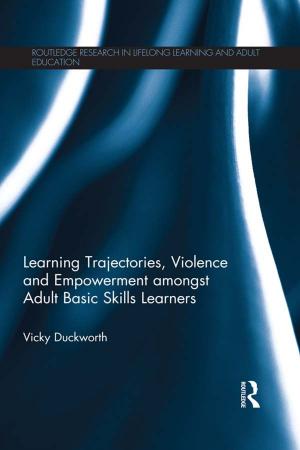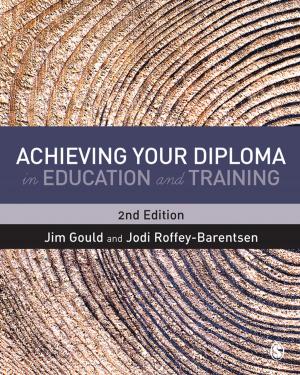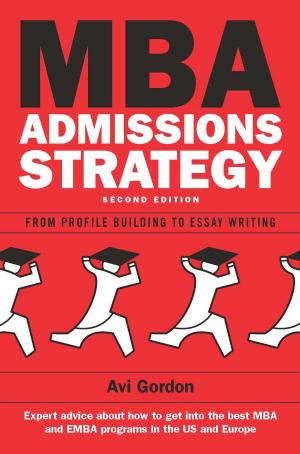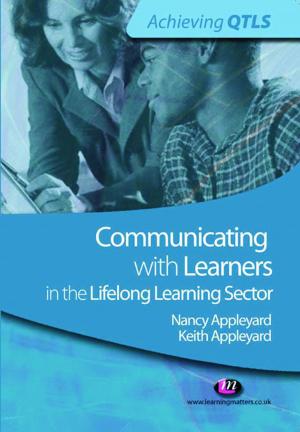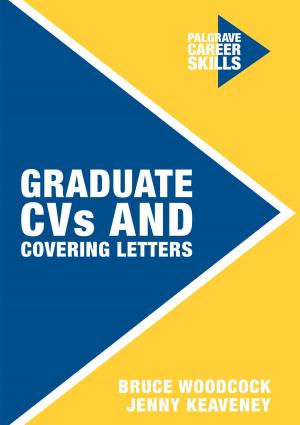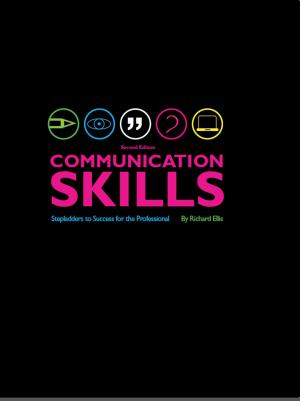The Education Hucksters
Nonfiction, Reference & Language, Education & Teaching, Educational Theory, Adult & Continuing Education| Author: | G. Howard Poteet | ISBN: | 9781310917615 |
| Publisher: | G. Howard Poteet | Publication: | February 2, 2016 |
| Imprint: | Smashwords Edition | Language: | English |
| Author: | G. Howard Poteet |
| ISBN: | 9781310917615 |
| Publisher: | G. Howard Poteet |
| Publication: | February 2, 2016 |
| Imprint: | Smashwords Edition |
| Language: | English |
You've seen their ads: "Make Big Money t" They're the home- study schools that advertise on matchbook covers. You know what people say about them. Is it true? Spending 1-1/2 times the total amount spent on college tuition, 55 million people took courses by mail during the golden age of correspondence schools (1870-1970). For some, it was a waste of money; for others, it was the opportunity of a lifetime. Their success ranged widely. For Mike McHale, who had gone to work in the coal mines when he was 8 years old, a correspondence course enabled him to pass a state exam to become a foreman. For Gertrude Rush, it enabled her to become the first Black woman to be admitted to the bar in Iowa where she was the only Black woman attorney until 1950. Countless governors, congressmen and women, as well as personalities in show business and the arts have also taken correspondence courses. Then, why such a poor reputation? It was often deserved when unscrupulous school owners victimized the gullible. But, in many cases, the "victims " got what they deserved when they patronized diploma mills.. Attempts to stop these phony operations was difficult. In one case, to close a school, agents allowed the fake dentist who owned it to grind down their teeth to obtain evidence to arrest and convict him. This book tells all about the good, the bad, and the clueless schools. In addition, you'll be shown all about the way the schools operated, how people learn on their own, and the progress of good schools towards understanding what works and what does not. You might even use it to decide on whether or not you or your children should take a distance education course. The author is an experienced expert in this area of education and has published two books and many articles on the subject.
You've seen their ads: "Make Big Money t" They're the home- study schools that advertise on matchbook covers. You know what people say about them. Is it true? Spending 1-1/2 times the total amount spent on college tuition, 55 million people took courses by mail during the golden age of correspondence schools (1870-1970). For some, it was a waste of money; for others, it was the opportunity of a lifetime. Their success ranged widely. For Mike McHale, who had gone to work in the coal mines when he was 8 years old, a correspondence course enabled him to pass a state exam to become a foreman. For Gertrude Rush, it enabled her to become the first Black woman to be admitted to the bar in Iowa where she was the only Black woman attorney until 1950. Countless governors, congressmen and women, as well as personalities in show business and the arts have also taken correspondence courses. Then, why such a poor reputation? It was often deserved when unscrupulous school owners victimized the gullible. But, in many cases, the "victims " got what they deserved when they patronized diploma mills.. Attempts to stop these phony operations was difficult. In one case, to close a school, agents allowed the fake dentist who owned it to grind down their teeth to obtain evidence to arrest and convict him. This book tells all about the good, the bad, and the clueless schools. In addition, you'll be shown all about the way the schools operated, how people learn on their own, and the progress of good schools towards understanding what works and what does not. You might even use it to decide on whether or not you or your children should take a distance education course. The author is an experienced expert in this area of education and has published two books and many articles on the subject.

